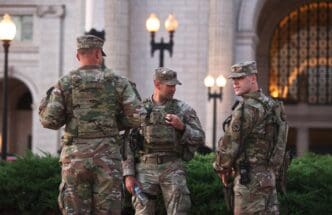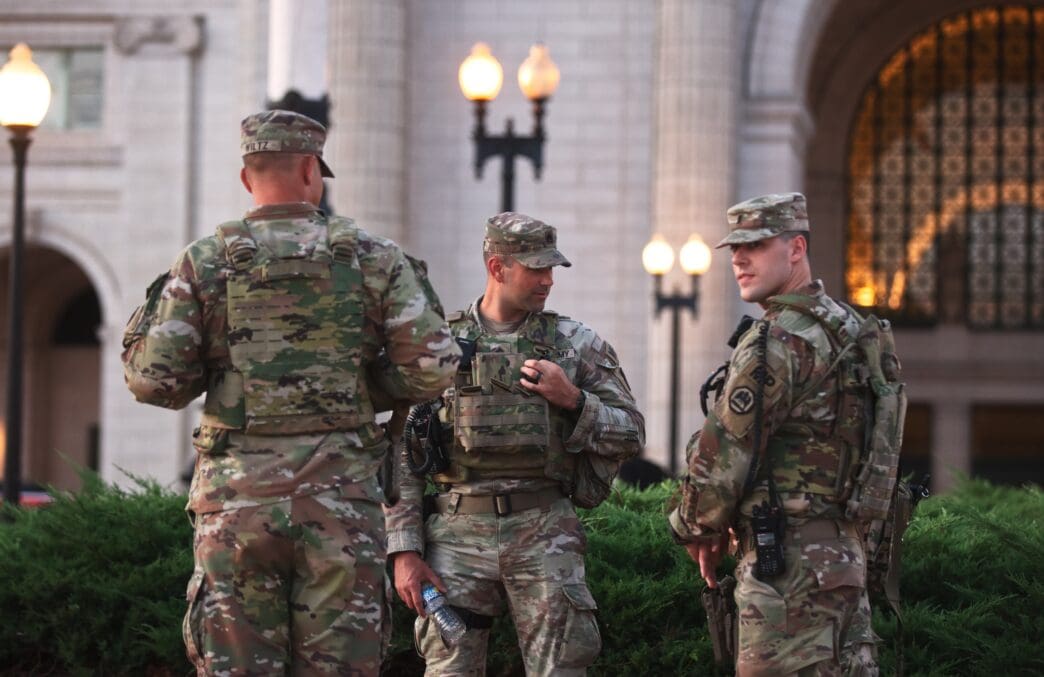Executive Summary
The Story So Far
Why This Matters
Who Thinks What?
A federal judge in Oregon has temporarily blocked President Donald Trump from deploying National Guard troops from any state to Oregon, expanding an earlier ruling that prohibited the use of Oregon’s own Guard members. The decision, handed down late Sunday night, came after the Trump administration attempted to circumvent the initial order by reassigning federalized Guard troops from California to Portland, where federal immigration facilities have been the site of ongoing protests. This action marks a significant legal challenge to the administration’s broader efforts to deploy federal forces in Democratic-led cities.
Expanded Ruling and Judicial Scrutiny
The ruling by US District Judge Karin Immergut followed a hastily scheduled hearing prompted by objections from Oregon and California officials to the reassignment of troops. Judge Immergut expressed frustration during the proceedings, questioning whether the administration was attempting to sidestep her Saturday order.
The judge noted her initial order, which blocked Oregon National Guard troops, was based on a finding that President Trump appeared to have exceeded his constitutional authority. She stated that the protests in Portland did not pose a “danger of rebellion,” and conditions had not changed when the administration sought to mobilize California’s Guard members.
Attorneys for the plaintiffs successfully argued that any temporary restraining order should cover National Guard troops from all 50 states and Washington, D.C. This argument cited a memo from Defense Secretary Pete Hegseth authorizing up to 400 Texas National Guard troops for deployment to various cities, including Oregon. The temporary restraining order is in effect until October 19, with a hearing scheduled for October 17 to consider an extension.
Reactions from State and Federal Officials
Oregon Governor Tina Kotek stated that approximately 100 California National Guard troops had already arrived in Oregon before the Sunday ruling. She asserted there was “no need for military intervention” and “no insurrection in Portland.” Oregon Attorney General Dan Rayfield and California Governor Gavin Newsom both praised the ruling, with Newsom declaring, “Trump’s abuse of power won’t stand.”
Conversely, White House Deputy Chief of Staff Stephen Miller sharply criticized the ruling, describing it as “one of the most egregious and thunderous violations of constitutional order we have ever seen.” Miller argued there is no legal distinction between states volunteering guardsmen for border security and guarding federal immigration facilities.
Broader Federal Deployment Strategy
Portland is one of several Democratic-led cities where the Trump administration has sought to deploy federal troops to protect federal immigration personnel and property amidst a crackdown on undocumented immigrants. Chicago also saw President Trump authorize 300 members of the Illinois National Guard for similar purposes, over the objections of state and city leaders.
Illinois Governor JB Pritzker characterized this as “Trump’s Invasion,” warning against the use of National Guard members as “political props.” The administration has also touted a federal task force in Memphis, though the National Guard has not yet been officially deployed there.
Key Takeaways
The federal judge’s expanded temporary restraining order against deploying National Guard troops to Oregon underscores ongoing legal and political tensions between the Trump administration and state officials regarding the use of federal forces. The ruling highlights judicial scrutiny over the President’s authority in domestic deployments and the administration’s strategy to address protests in major U.S. cities.








